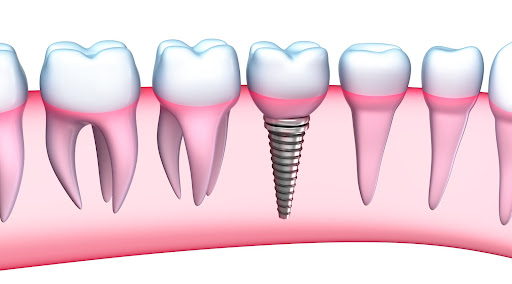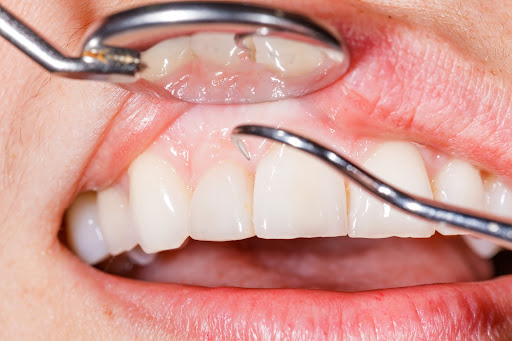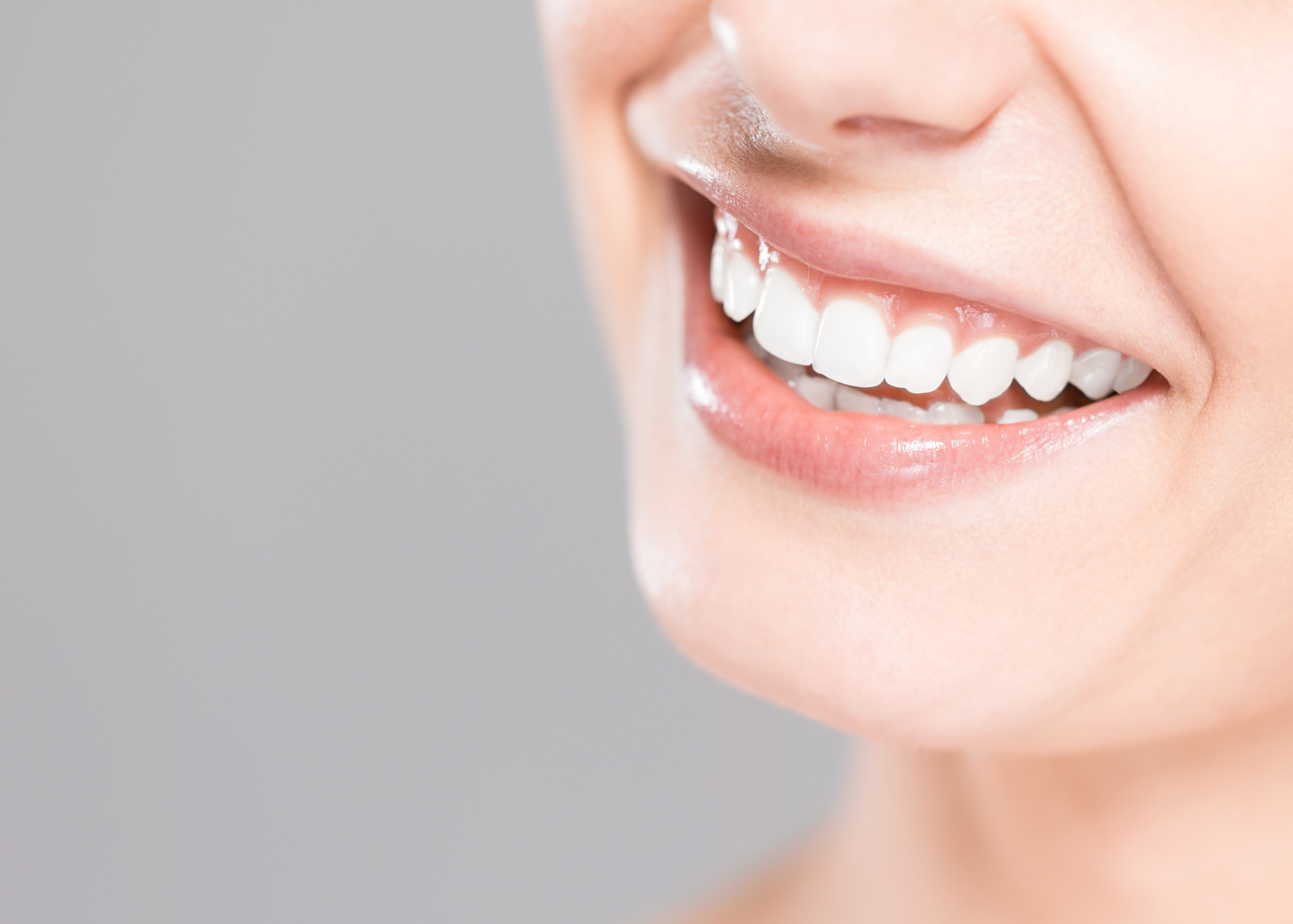
Five Benefits of Dental Implants
November 5, 2021
Professional Teeth Cleaning: Why is it important?
November 19, 20211. Flossing every day is unnecessary.
Many patients ask, “do I really have to floss my teeth?” and the answer is absolutely! Even though cleaning between teeth is essential to keeping the mouth clean and healthy, it’s estimated that only 26% of men and 37% of women floss daily.
Why is interdental flossing so important? Dental plaque tends to collect in between the teeth, where a toothbrush fails to reach. When unremoved, plaque leads to gum inflammation (gingivitis) and may progress to full-blown, irreversible gum disease (periodontitis). Daily flossing helps remove dental plaque and food particles, which reduces the prevalence and severity of gingivitis and tooth decay.
2. Bleeding gums are not a big deal.
If you notice blood in your mouth, on your toothbrush, or on your sink after brushing, it may be gum disease. A prevalent symptom of initial gum disease is red, swollen, and bleeding gums. If plaque stays on your gumline, it often causes gingivitis and bleeding.
It’s important to note that bleeding gums are commonly a sign of gum disease but not always connected. Inflamed, bleeding gums can also be provoked by:
- Brushing too hard
- Gums not used to flossing
- Lack of vitamin C and vitamin K
- Certain health conditions (including diabetes, hemophilia, thrombocytopenia, and leukemia)
- Certain medications (such as blood thinners)
- Dentures that don’t fit well
- Pregnancy
3. Once a tooth is lost, it’s gone forever.
Tooth loss can occur in the most severe cases of periodontitis. As gums recede, spaces (gum pockets) form and fill with plaque and tartar. These pockets continue to deepen and get infected without treatment. Over time, the supporting gum tissue and bone that stabilize the teeth break down. Consequently, teeth may loosen and may need to be pulled out (before they fall out on their own). Thanks to the progression in prosthetic dentistry, several teeth replacement options look and feel natural.
4. No cavities mean no periodontal disease.
While being in the cavity-free club is something to celebrate, it doesn’t exclude the risk of gum disease. The anaerobic oral bacteria that causes gum disease (Treponema denticola and Porphyromonas gingivalis) is exclusive to the bacteria that causes tooth decay (Streptococcus mutans). This implies that you can still develop gum disease without experiencing a cavity.
5. Only people that practice poor oral hygiene get periodontitis.
Even though poor oral hygiene can escalate gum disease development, it’s not the sole reason people contract it. Other reasons why people develop gum disease include:
- Genetics
- Ongoing inflammation
- Stress
- Chronic teeth grinding (bruxism)
- Poor diet
- Tobacco use
In addition to good oral hygiene, regular dental visits can help reduce the risk of developing gum disease and help patients who already suffer from gum disease manage it.
Reverse or Treat the Signs of Gum Disease Right Now
Are you curious about the health of your gums or need help controlling the consequences of periodontal disease? If you live near or in Atlanta, GA, and suffer from gum disease, Dr. Abbey J. Lee can help. She offers a wide range of proven, smile-saving services for people with the many signs of gum disease, including:
- Dental cleanings and exams for mild gingivitis
- Pinhole Surgical Technique and gum contouring for gum recession
- Dental prosthetic appliances and dental implants to replace teeth
Schedule a consultation at Smiles for Grant Park by calling 404-328-7177 or messaging us online today.


